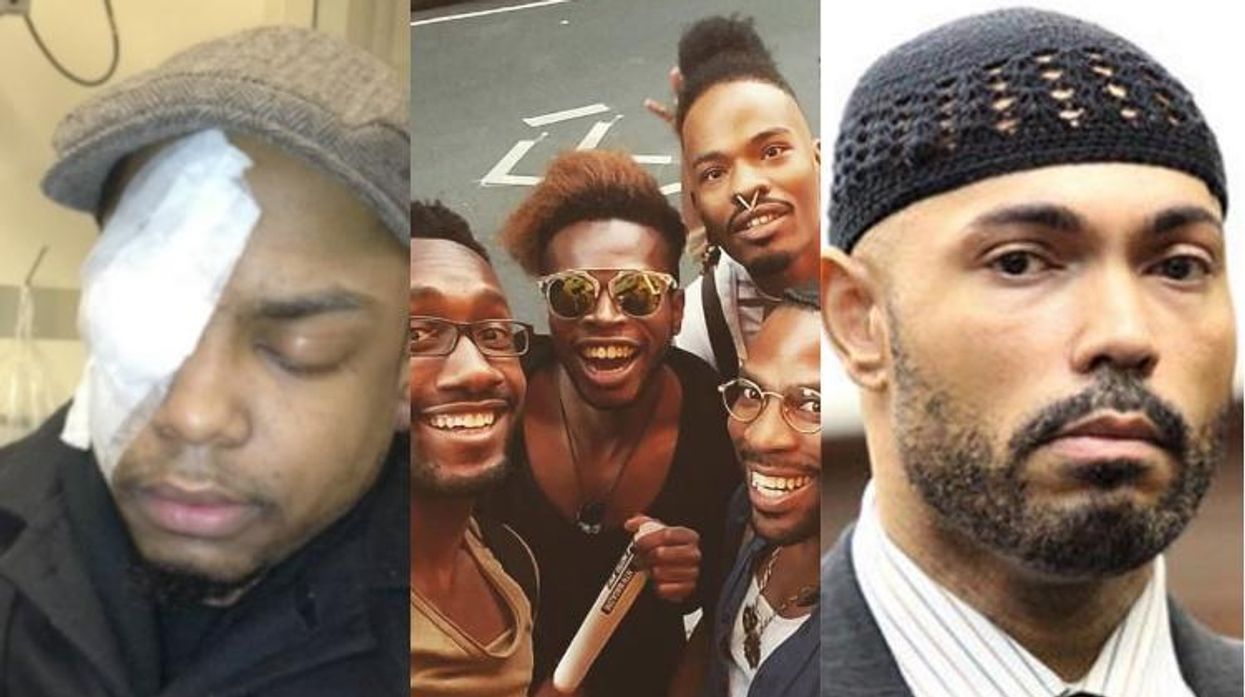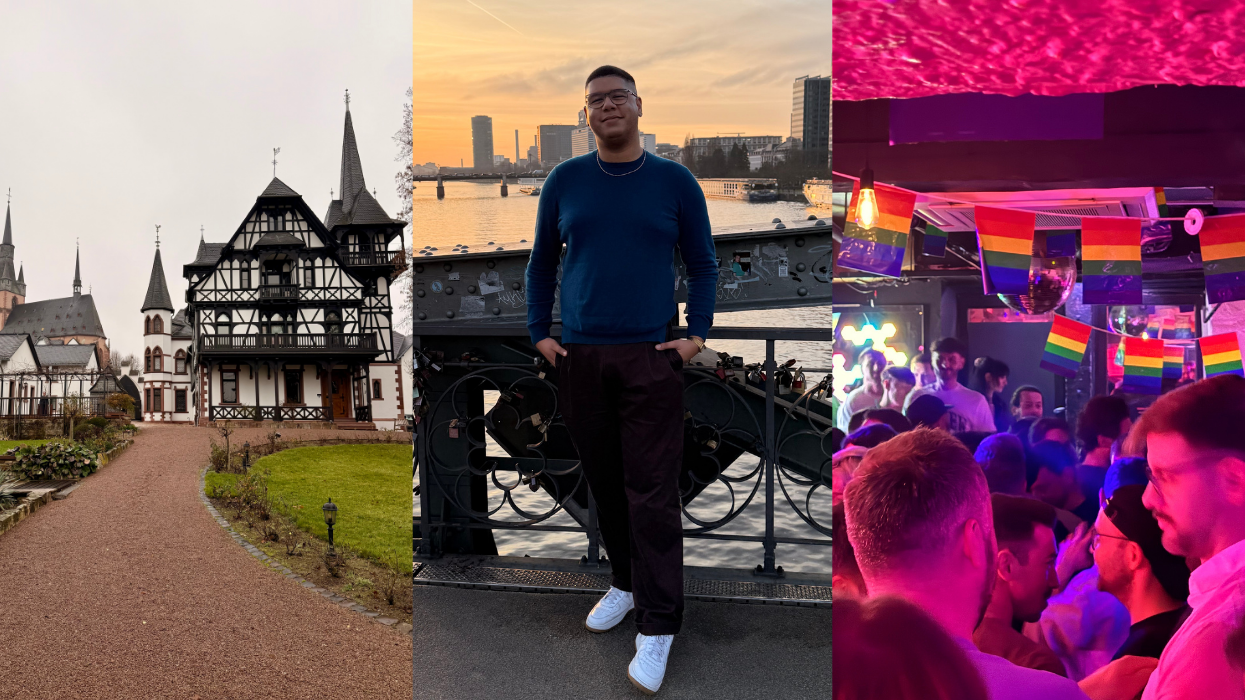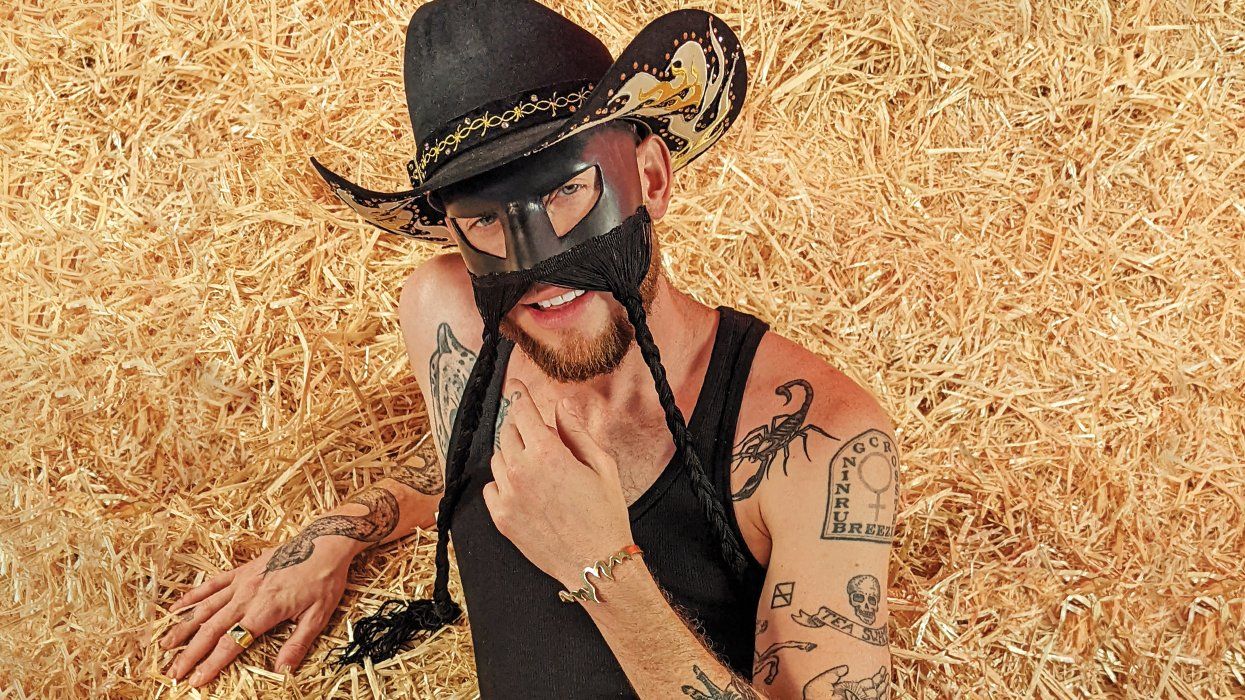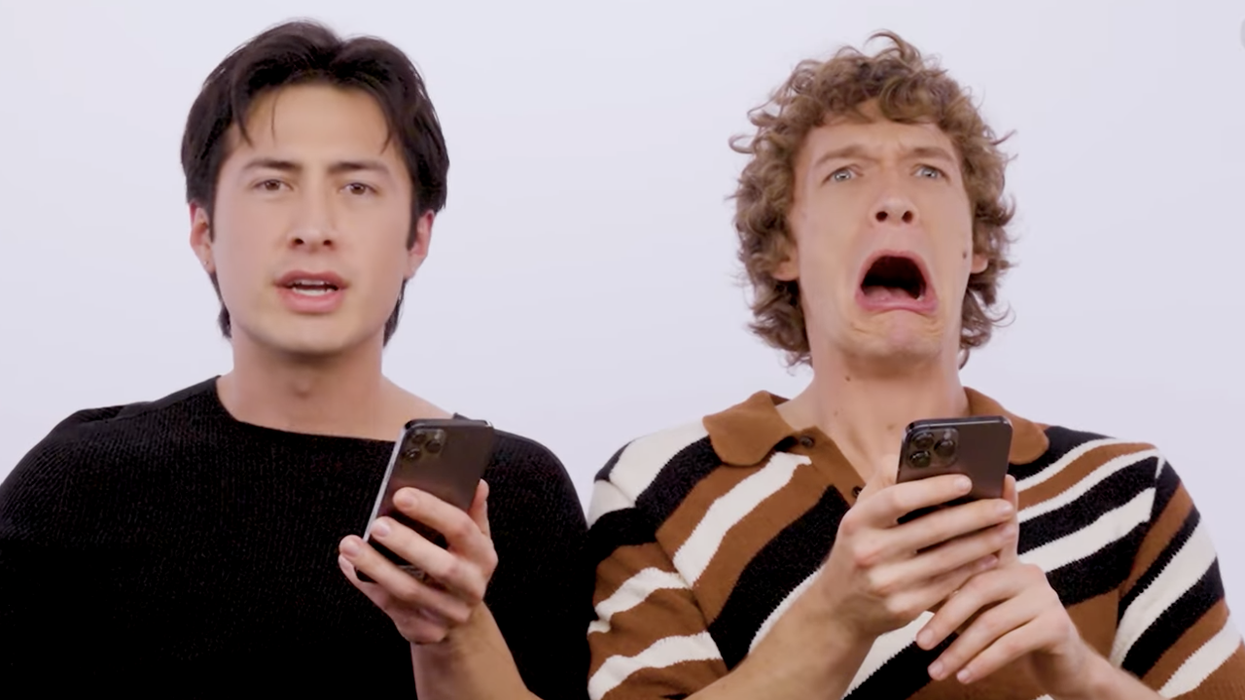One question seems to really crystallize the struggles facing queer people of color today: where is the outrage?
I attended The State of Black Gay America this Saturday, a forum organized by The Tenth Magazine meant to address issues such as violence, sexual liberation, and spirituality in the black gay community. It was a particularly inspiring and edifying experience, as any experience is among people with a shared connection who otherwise don't have many opportunities to safely take part in a discussion around that shared connection.
If anything, we all could agree that these types of get-togethers don't happen nearly enough. However, without a strong sense of community, these interactions will remain few and far between, while also remaining desperately needed.
Throughout the forum's three-plus hours, I found this lack of a communal bond the underlying thread among the issues we discussed, as either their direct cause or direct product, particularly when it comes to the threat of violence. During breakout sessions, Lee Soulja-Simmons, executive director of NYC Black Pride, posed the crystallizing question, where is the outrage?
He was referring to the disparity in justice and in community reaction to violence. Two particular cases stood out as exemplary.
Taj Patterson was attacked by a group of some twenty men, many associated with a vigilante patrol group of Jewish Hasidic men, in Brooklyn back in December 2013, which left him blind in one eye. One of the perpetrators was finally found guilty of the attack, but only after two previously had charges against them dismissed, and another two were simply sentenced to community service.
Whereas Patterson's case is as clear-cut a hate crime as you can find, the reaction from the LGBT community has been less pointed, as, say, compared to young Brandon Ballone, also a victim of a hate crime, who at least had the benefit of a support system that included a GoFundMe campaign to help with his injuries that raised nearly $2,000 more than its original goal.
And then there's the case of Bayna-Lehkiem El-Amin, who was sentenced to nine years in prison for his role in an attack on a gay couple at a Dallas BBQ in May 2015. Despite the fact that El-Amin, who is also gay, was acting in self-defense and had not caused anywhere near the level of harm as Patterson's attackers, he is facing nearly a decade in prison while the majority of Patterson's attackers are free to walk the streets.
Coverage of El-Amin's trial was unbalanced from the beginning, with media outlets tending to side with the two white men who instigated the incident (while also conveniently side-stepping that detail), which only further illustrates the lack of community organizing behind both him and Patterson. Where was Patterson's support? Where was El-Amin's (though there is this Change.org petition)? Where is the outrage?
But how can the black queer community properly respond when, A.) there's barely an organized black queer community to speak of, and, B.) black men, queer and not, are constantly bombarded by images of black bodies being violated, their flames being prematurely extinguished, by those meant to protect them?
Related | Op-Ed: Police Shootings Affect Us All
If our LGBT kin don't care about us and if our black lives don't matter, the outrage simply dissipates into the ether of other outrages that we feel helpless to combat. But in a room of other queer folks of color, that helplessness gives way to a feeling of strength--that together we can do anything. We just need to be together. We need to come together. We need more of this. We need a sense of community, we need to build that community, we need to advocate for one another, and together we can truly fix the state of black gay America.






























